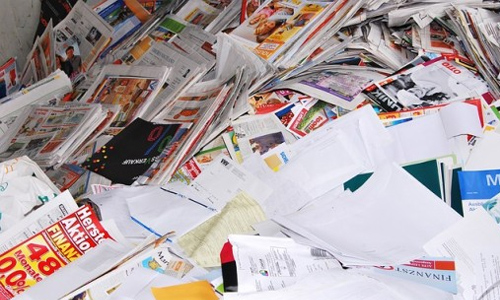
The Bureau of International Recycling is the global federation of recycling industries and represents directly or indirectly over 30.000 recyclers in more than 70 countries around the world, including 36 National Associations. BIR Member Companies collect, sort and process recyclables such as ferrous and non-ferrous metals including stainless steel/alloys, paper, textiles, plastics, e-scrap and rubber/tyres. The regular supply of recyclables is essential to recycling industries in order for them to maintain a steady stream of supplies of secondary raw materials to downstream manufacturing industries, many of them considered as essential businesses themselves.
In this period of the COVID-19 pandemic, recycling companies around the world – represented by BIR, the global recycling federation – are committed to contributing to the health of the population and to the environment, as well as providing raw materials for industries that provide the means to combat COVID-19.
We recognize and fully support the need to shut down certain businesses in order to stop the spreading of COVID-19. However, we urge governments to formally recognize that recycling operations, which are collecting, sorting and recycling wastes from households and industrial sources, are essential businesses as they serve to protect human health and the environment. Furthermore, recycling operations are providing secondary raw materials, critical to downstream industries, some of them directly involved in combatting the COVID-19 pandemic.
Recyclers provide the raw materials for critical manufacturing operations that are producing rebar, wiring, tubing, packaging and other key materials needed for everything from the construction of new hospitals to the manufacture of hospital beds, ventilators, toilet paper and other essential supplies in the current crisis, including packaging material for the shipping of these goods.
In light of their vital contributions in the current situation, it is important that the recycling industries are classified as essential activities and are enabled to continue to operate and that governments provide the necessary conditions and flexibility in this respect.

































